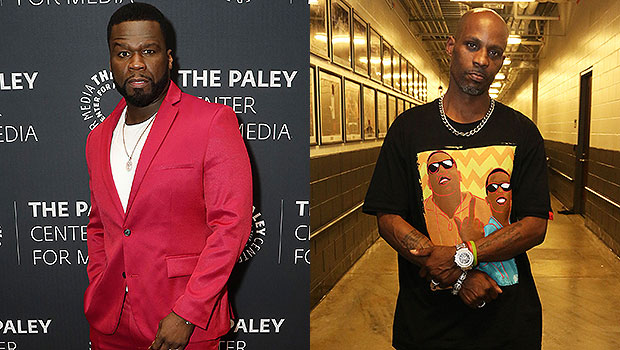

On "Good Time Girl," the singer is an insufferable DJ, sneering at club culture even as he immortalizes it.


He hinges his sonic strut on helium-heavy lyrics:ĭon't you give me your telephone number, girl "The production is a lot better than a lot of 1980s records, and it was done in my bedroom." The album downplays idea-driven lyrics in favor of an overall mood-alternating vapid anger with comic insolence even as it provokes a headspin. Before the interview tape starts rolling, he plays a few choice cuts, grist from the days of linoleum, Adidas wristbands coupled with the Japanese rising sun doo-rag, Debbie Deb's "When I Hear Music" and tape cut-ups of Chep Nunez, a.k.a. He's quick to note that, technically, his favorite '80s cuts can, for all their deftness, blare shoddily, lost in troubled treble that mixes the high-hat or the snare at a wickedly piercing level. They'll say, 'The vocals aren't very good, it sounds like '80s music and it's shit.' Well, the vocals aren't very good, and it does sound like the '80s and. Each song is a pop monster that shames and regresses the listener into an electronic cafe like the one in Back to the Future 2, leaving one's senses floundering in a slough of Grandmaster Flash, World Class Wrecking Crew, Kraftwerk and Afrika Bambaataa.Įd DMX-the sole member of DMX Krew-is elegantly incensed at the Soma Caffé as he defends We Are DMX. His current album, We Are DMX, displays an idiosyncratic, shaky pact with the beats, squawks, samples and proto-rhythms of house-techno-trance-electronica and effectively reverses the devolution into shopworn club crud. Since the early '90s, Ed DMX has crossed the techno line for four dead-on pop albums, each a watershed of break beats and raucous hand-clap-driven sifts through 1979-1987-era detritus. Sharing the name with "him" means being mistaken for the emblem of mall-rap gumball gumbo. The "him" is Ed DMX's doppelganger, multi-platinum rapper DMX. I know I named myself before him, though." In the '80s, there was Davey DMX and the Human DMX, a human beat box. Oberheim is, after all, the inventor of the synth-drum DMX. " His eyes widen, his wan face loses even more blood. And he answers, 'This is Tom Oberheim,' and I was like. "I forgot what I rang him about-some technical question. Ed DMX conjures up a phone call from a few years ago. More recent DMX Krew tracks released on Rephlex under the umbrella of “The Collapse Of The Wave Function” reveal a deeper, more considered side to his production, featuring ambient and experimental tracks as well as quirkier dancefloor fillers, and this vibe has continued into more recent releases for Rephlex, Breakin’ and other labels including the 2014 album ‘Shape Shifting Shaman’ for Shipwrec.The Little Drummer Boy Revisited: Ed DMX relies on technology for his beats.įrankenstein is facing his maker. Later Breakin’ broke new ground with the signing and debut release of acid maestro Ceephax Acid Crew. In 1997 Ed DMX started his label Breakin’ Records which gained a cult following as one of the UK’s first electro and bass labels with many releases from DMX Krew under various aliases, as well as first signings Bass Junkie and Mandroid. DMX Krew remixes have also appeared of various artists including M.I.A., Man Parrish, James T Cotton, and many others. Lots more releases have followed, mainly through Rephlex but also on diverse labels including International Deejay Gigolos, Power Vacuum, Sonic Groove and many others. This record hinted at what was to come with its mix of instrumental electro, synthpop and techno made on vintage equipment. The first DMX Krew release was 1995′s “Got You On My Mind” on Dutch label DAP, and this was followed in 1996 by “Sound Of The Street” on Aphex Twin’s label Rephlex.


 0 kommentar(er)
0 kommentar(er)
